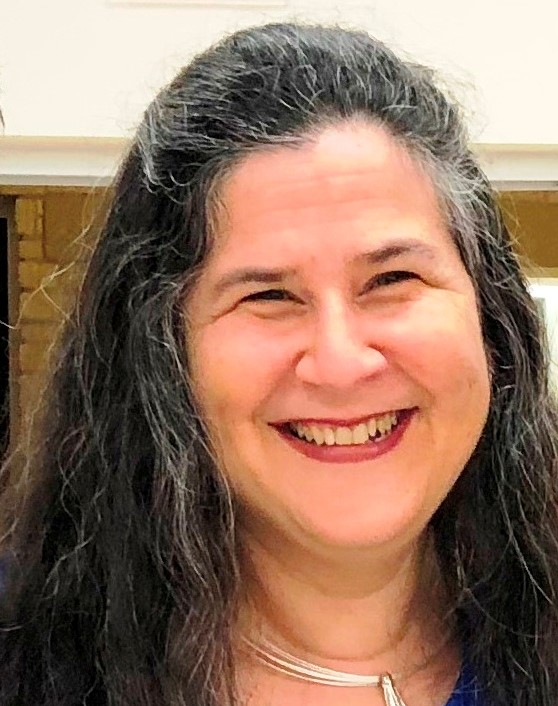
Parashat Noach has two well-known stories: Noah and the flood, and the Tower of Babel, packaged with Noah’s genealogy, bringing us all the way from Noah to Abram and Sarai.
- In the first story, Noah, who we are told was above reproach in his generation, is instructed to build an ark with particular dimensions and features and to load his household and pairs of creatures from the earth on it to save them from the oncoming flood. Noah’s household and the creatures then repopulated the earth after the floodwaters receded and the land dried.
- The second story is quite different. Genesis 11:4 tells us, “Then they said, “Come, let us build a city with a tower that reaches the sky so that we can make a name for ourselves and not be scattered over the earth!” Instead of making a name for themselves, the people are scattered all over the earth, and their speech is confused so that they will not understand each other. The names of the people are not recorded.
Imagine being one of the characters in these stories. First, you have Noah, who must have had a lot to process. There was so much violence and corruption that a reboot was ordered, and while Noah is dealing with that concept and all its implications, he has to drop everything and get all of the right materials together and build this huge ark before gathering all of the creatures. The logistics of the situation alone would be mind-boggling - without stopping to consider all of the personal and ethical implications of the situation. In doing so, Noah brings his own household and the creatures through the flood. Quite a bit to take in, but it turns out well, as afterward, the Eternal makes a covenant to never again have a flood destroy the Earth and gives the rainbow as a sign of that covenant.
In contrast, are the people building the city and the Tower of Babel. In this story, the people are acting on their own volition. They speak with each other and decide together to make bricks for their project and build from those bricks a city and tower for their own purposes. Indeed, one can imagine them thinking not of what the Eternal wants for them or what is good for the world. Instead, the implication is that they are acting only for the betterment of themselves. The Eternal is not pleased with their efforts and, as a result, scatters the people and confuses their speech so that they cannot again communicate well enough to pursue other schemes.
In some ways, this second story coming in the midst of Noah’s descendants, can seem out of place, almost as if it was an editing error of some sort. Instead, it can be seen as an interesting contrast to the first one. Both of these stories tell us about human building projects, yet they are very different. Given the importance in Judaism of working together and building community, the people coming together to build a city could, at first glance, be a positive endeavor. The first is undertaken at divine command to preserve life, while the other is undertaken so that the builders can make a name for themselves. It is hard to imagine two projects with motivations that are more different. Had the motivations of the second group been different – had they been working for the common good instead of self-aggrandizement, the Eternal may have responded differently to their endeavors.
What does that mean for us? Perhaps it is that motivation for our actions matters and may impact the results. While the rainbow is a sign from the Eternal as to the covenant not to flood the Earth, we can also take it as a beautiful reminder that we are to act on our values. In whatever way we can, we can act against corruption and for justice. Tzedek, tzedek tirdof, justice, justice you shall pursue (Deuteronomy 16:18.) For me, the social justice work of Women of Reform Judaism is a way to bring this concept into my own life, working on issues from racial justice to reproductive health and so many others. A good way to learn about these issues is through WRJ’s website.
The next time I see a rainbow, I hope to remember not only the Eternal’s covenant to not flood the world but also to do what small part I can to pursue justice. In this way, we collectively work to repair the world.
This piece is dedicated to the memory of Debra’s sister-in-law, Deborah Ann Goetz, who recently passed away.
Related Posts

Continuing to Educate and Empower People Together

My Challah-Making Experience


